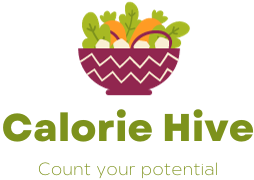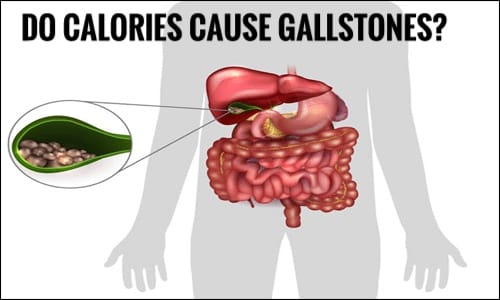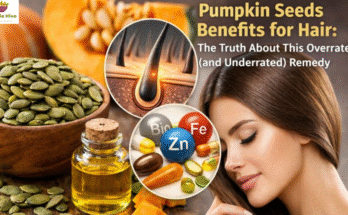With the presence of gallbladders and analyzing their impact on human health, many people wonder: Do calories cause Gallstones? One can understand such concern while making choices towards a healthier diet. Generally, gallstones are hard bits of fecal matter that collect in the gallbladder and may cause unpleasant symptoms. Therefore, it is important to know how calorie consumption relates to the development of gallstones. Within this text, calories will be addressed as potential risks of gallstone formation, as will specific food avoidance, and ways of eating healthy for the gall bladder.
What Are Gallstones?
Before we dive into calories and their effects now, before getting into calories and their impact, it’s important to define the epidemic of gallstones. Gallstones are small, hard stones formed in the bladder, which is an organ that helps store bile. The primary function of bile is to help digest fats, but when there is an imbalance of some components within bile, the formation of gallstones can occur. They can be different in size; at times, they can be even the size of a sand grain and, at times, the size of a golf ball.
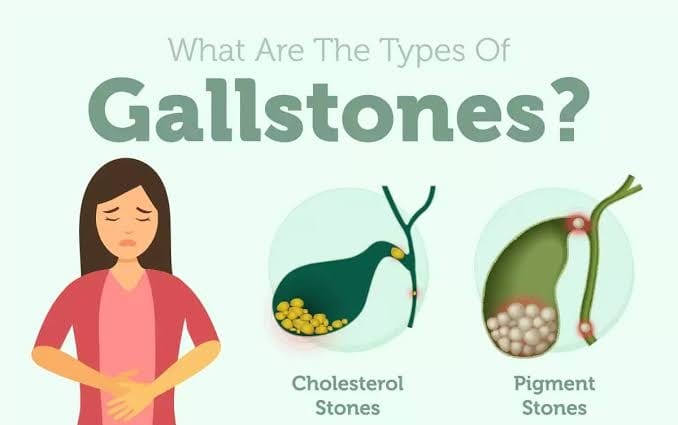
Types of Gallstones
There are two primary types of gallstones
1)cholesterol stones
2)pigment stones.
Cholesterol Stones: These are the most common type, accounting for about 80% of gallstones. They form when there’s too much cholesterol in the bile.
Pigment Stones: Pigment stones are smaller in size and darker in color, which develops as a byproduct of the degradation of red blood cells, namely, from bilirubin.
The Role of Calories
Now, back to the burning question: Do calories cause gallstones? Even though diets are not only focused on calories consumed, it is also worth mentioning the great relationship that exists between high-caloric diets, particularly unhealthy fat diets, and lithiasis of the gallbladder. Here’s how:
High-Calorie Diets and Gallstone Risk
1. Saturated Fats: Diets that are high in fully hydrogenated can lead to higher cholesterol levels in bile. When the bile has too much cholesterol, it can crystallize and form stones.
2. Rapid Weight Loss: Fast weight loss due to very low-calorie diets can lead to the secretion of excess cholesterol into biliary salts, which brings about gallstone formation.
3. Low-Fiber Diets: A low-fiber diet can promote reduced absorption of bile salts, which in turn favors gallstone formation. Fiber helps regulate digestion and supports healthy bile production.
Understanding Caloric Surplus
A caloric surplus may happen whenever you eat beyond what your body consumes in energy. It causes weight gain and increases the chances of developing gallstones. In this case, obesity is an important issue as carrying excess weight would produce more cholesterol and alter bile production and storage within the gall bladder.
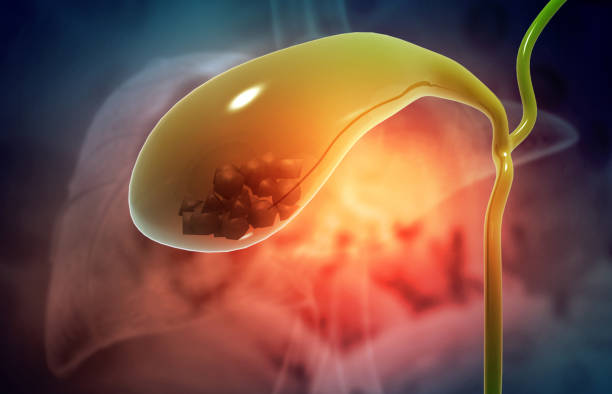
Foods That May Increase Gallstone Risk
If you’re concerned about gallstones, it’s wise to be aware of which foods can contribute to your risk. Here are some types of foods to limit:
1. Fried and Processed Foods
These usually have unhealthy levels and calories, which can unbalance your digestive system out of balance and lead to the formation of gallstones.
2. Sugary Snacks and Beverages
However, high sugar content in the foods group is one such that is associated with increased body weight and poor dietary patterns, thus additional the chances of developing gallstones.
3. Red Meat
The high intake of red meat can lead to elevated cholesterol levels and is moreover linked to a higher risk of developing gallbladder stones.
4. Refined Carbs
Prepared sugars and carbohydrates such as white bread and sugar-filled products tend to provide empty calories and contribute to weight gain but do not promote a healthy gall bladder.
Foods That Support Gallbladder Health
The introduction of certain foods into your meals, on the contrary, will help you avoid developing gallstones. Because of the excellent healthy options listed below, Here are some:
1. Fruits and Vegetables
Certain foods, like fruits and vegetables, which are high in fiber and nutrients, support good digestion and can help regulate the production of bile.
2. Whole Grains
Choose whole grains instead of refined ones. Both offer important nutrients and fiber, which help with digestion.
3. Healthy Fats
Include sources of good fats, like avocados, nuts, and olive oil. These can help keep your cholesterol in check and support your gallbladder.
4. Lean Sources of Proteins
Try chicken, different types of fish, meat, and legumes instead of those unhealthy high-fat proteins. Such will provide you with the required protein levels but without the high-fat content.
Visit Harvard Nutrition Source This guide explains the role of different fats in our diet and how they affect cholesterol and overall health. It can help you understand why high-calorie, high-fat diets might contribute to gallstone risk.
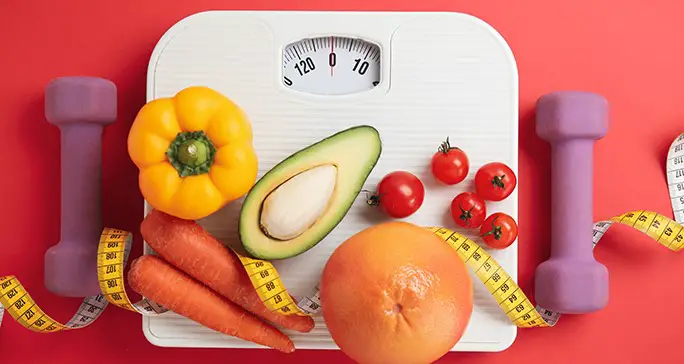
Maintaining a Healthy Weight
We think management is vital to help reduce the chances of gallstone information. Here are some suggestions on how to achieve healthy weight:
1. Maintain a Well Balanced Diet
Remember to have a mouthwatering, well-balanced diet, which consists of lots of fresh vegetables, whole grains, and lean meat sources! It should also help in maintaining a healthy caloric range.
2. Regular Exercise
Physical leisure activities, along with proper nutrition, can help maintain a healthy weight. Thrive for a minimum of 150 minutes of moderate aerobic exercise per week.
3. Mindful Eating
Practice aware eating by paying attention to portion sizes and eating slowly. It can help you avoid overeating and manage your calorie intake effectively.
Conclusion
Do calories cause gallstones? While not directly, aren’t unhealthy calorie intake comes out as a risk for gallstones. Controlling calorie consumption and eating healthier foods is good for gallbladder health as well as general health. Another useful strategy is to add balanced nutrition with enough fiber, good fats, and healthy proteins into one’s everyday practice to prevent gallstones.
However, it is noted that if you are worried about your gallbladder or dieting, So always good to visit your healthcare provider, who knows about such matters, to get suggestions that benefit you. Here’s to smart decisions and a healthy gallbladder!
You may also like to read: What are Calories? Learn more in Detail
